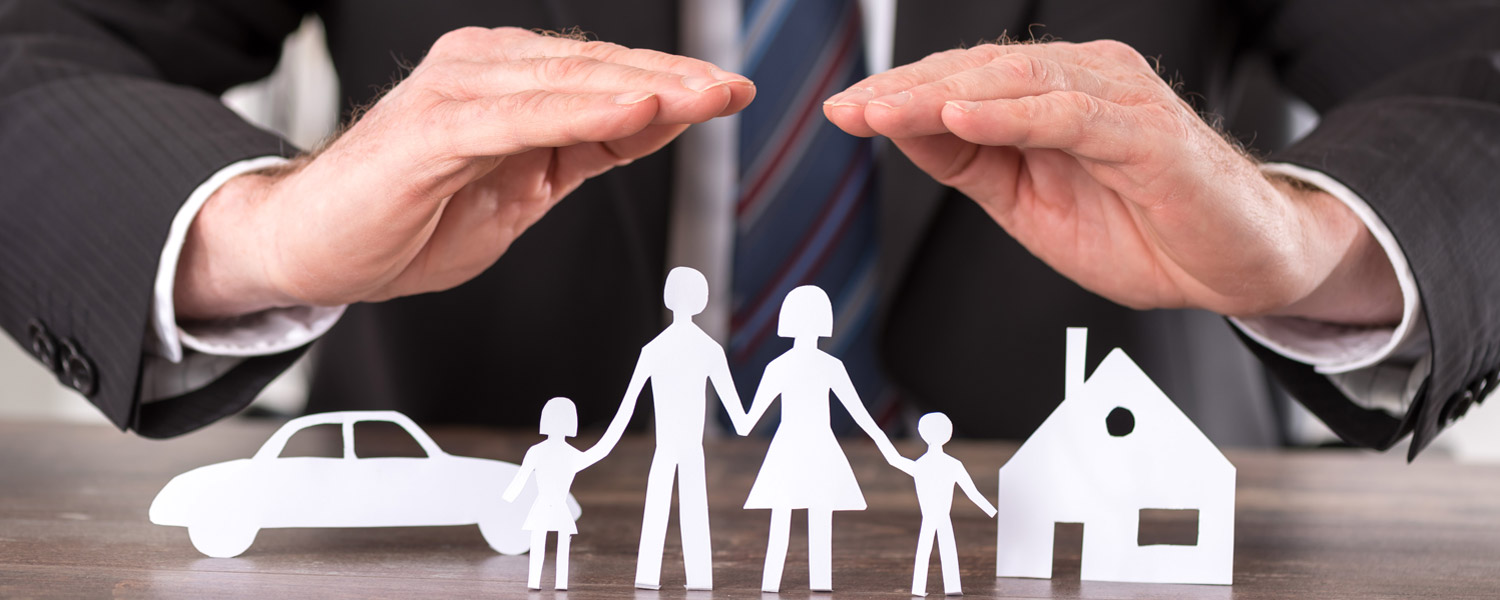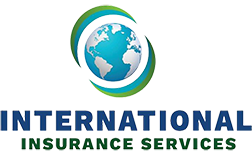
Insurance Explained
Auto Insurance
1. Bodily Injury Liability
Insures the injuries caused to the other party should you be at fault in the accident.
2. Property Damage Liability
Insures the damage to the other party’s vehicle or property should you be at fault for the accident.
3. Personal Injury Protection
Insures the injuries caused to you and certain passengers of your vehicle up to $10,000, regardless of who is at fault.
4. Uninsured and Underinsured Motorist Liability
Insures your resulting injuries should you be hit by someone who has no insurance, or who does not have enough coverage.
5. Medical Payment Coverage
Provides additional medical assistance for you and certain passengers of your vehicle for emergency room visits, surgery and follow-up visits.
6. Comprehensive Coverage
Helps pay to replace or repair your vehicle if it’s stolen or damaged in an incident that isn’t a collision. Comprehensive coverage typically covers damage from fire, vandalism or falling objects (such as a tree or hail).
7. Collision Coverage
Covers your vehicle should you strike another vehicle or a non-moving object. You cannot purchase collision coverage without comprehensive coverage.
8. Rental Reimbursement and Towing
Rental coverage becomes effective when you are involved in a claim that results in damage to an insured vehicle. Towing coverage insures claim and non-claim tows based on policy specifics.
Homeowners Insurance
1. Dwelling
Which includes your house and any attached structures.
2. Other Structures
Includes unattached structures such as a storage shed.
3. Personal Property
Includes your belongings and the contents of your house. Some policies will also cover the loss of very valuable items such as jewelry.
4. Living Expenses
If your house is damaged by a covered event and you cannot live there while it is being repaired.
Liability Protection
Covers you against claims made by others who are injured on your property. For example, if you are having a party and one of your guests is injured while at your home, the medical bills that the guest has will be covered by your homeowners insurance policy. However, if you neglect your property and someone is injured as a result of your negligence, you will be liable for those injuries.
Types of damage covered:
Homeowners insurance will cover damage caused by storms, ice, snow, fire, theft and vandalism. Damage caused by pipes that burst or other accidental malfunctions within the home are usually covered, provided there is no sign of neglect on the part of the homeowner.
Homeowners insurance policies have a deductible that the homeowner has to pay before coverage is available. Typical policies do not cover damage caused by floods or earthquakes. Homeowners who live in areas at risk for these types of damage can add these coverage options for an additional cost.
Commercial General Liability Insurance
A general liability insurance policy covers claims of damage and injury caused by a company during the course of business. If a claim is filed against an insured business, its insurance company will conduct a thorough investigation to eliminate any claims that are proven to be unjust. If the business is found liable and the incident is covered under the policy, its insurance company would pay the award amount up to the coverage limit purchased by the insured.
General Liability Coverage
Includes bodily injury, products-completed operations liability, contractual liability, liquor liability, and damages from fire, lightning and explosion of third-party property. Medical payments for personal injury, coverage for advertising injury and legal defense costs are often included under this policy.
